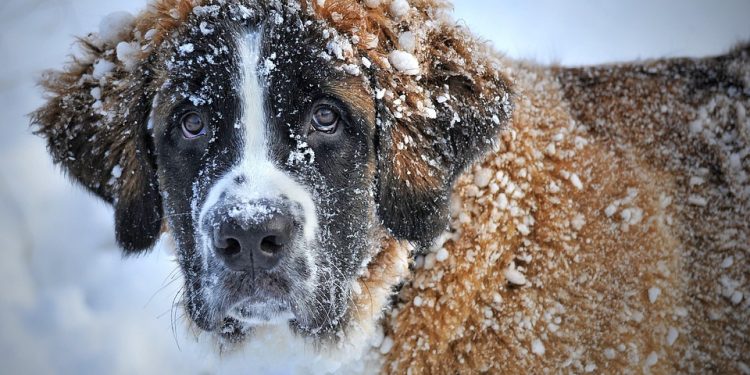Puppies have an irresistible charm, captivating our hearts with their joyful antics and boundless energy. But beyond their cuteness, have you ever wondered why these young canines are seemingly obsessed with play? The answer lies in a combination of biology, psychology, and social development. Let’s explore the science behind the playful nature of puppies and its significance in their growth.
1. Evolutionary Roots of Play
Play behavior is innate in many animal species, including puppies. Scientifically speaking, play is vital for survival and adaptation. From an evolutionary standpoint, play allows young animals to develop essential skills that enhance their chances of survival. In the wild, puppies that engage in play are better equipped to handle real-world challenges, such as hunting and fighting.
Research shows that play mimics activities that are crucial for adult life, helping puppies practice important behaviors like stalking, chasing, and fighting. This instinctive drive to engage in play not only reinforces survival skills but also strengthens their ability to navigate complex social hierarchies within packs.
2. Socialization Through Play
Puppy play is not just a physical exercise; it is a critical component of socialization. During play sessions with littermates, puppies learn about boundaries, communication, and social structure. They understand when to back off, when to tussle, and how to navigate interactions with others. This social learning is instrumental in preventing behavioral problems later in life.
In a controlled environment, such as a puppy class, playtime can expose them to different breeds, sizes, and personalities, enhancing their adaptability. A well-socialized puppy is more likely to grow up to be a well-adjusted adult dog, equipped to handle diverse situations.
3. The Role of Playfulness in Cognitive Development
Cognitive skills are sharpened through play as well. Puppies are naturally curious, and play provides the perfect medium to explore their environment. Engaging with toys, other animals, and various surfaces allows them to learn about their world, hone their problem-solving abilities, and develop critical thinking skills.
Research indicates that interactive play—such as fetching or tug-of-war—stimulates mental function and enhances brain development. This is where a puppy’s growing intellect is paired with necessary physical exercise, creating a synergistic effect that promotes overall development.
4. The Biology of Fun: Neurochemistry at Play
The joy we see in puppies while they play can be attributed to neurochemical processes occurring in their brains. When puppies play, their bodies release endorphins, naturally occurring chemicals that promote feelings of happiness and welfare. This rush not only benefits the puppy’s emotional state but also promotes physical health by reducing stress and anxiety.
Furthermore, oxytocin—the so-called “love hormone”—is released during social interactions, including playful exchanges with humans and fellow puppies. This hormone contributes to bonding and attachment, reinforcing the connection between the puppy and their human companions.
5. Physical Health Benefits
Play is also essential for a puppy’s physical health. It helps in developing strong muscles, bones, and vital motor skills. Regular playtime can improve cardiovascular health and enhance coordination and agility. Physical activity promotes a healthy weight, reducing the risk of obesity-related conditions as the dog matures.
Moreover, play is an excellent outlet for pent-up energy. Without sufficient physical activity, puppies might become bored or frustrated, leading to undesirable behaviors like chewing or barking. Regular, structured play allows them to expend their energy in constructive ways.
6. Conclusion: The Importance of Play in Puppy Development
The playful nature of puppies is far more than a display of cuteness—it is a vital aspect of their development. Play serves as a fundamental mechanism for socialization, cognitive growth, physical health, and emotional well-being. Understanding the science behind a puppy’s love for play can help pet owners and caregivers create enriching environments that foster healthy, happy pups.
So, the next time you engage in a game of fetch or watch your puppy tumble around with their siblings, remember that this joyful behavior is not just for entertainment; it’s an essential building block for their future. Embrace play as an integral part of your puppy’s life, and you will contribute positively to their development and joy for years to come.









Discussion about this post